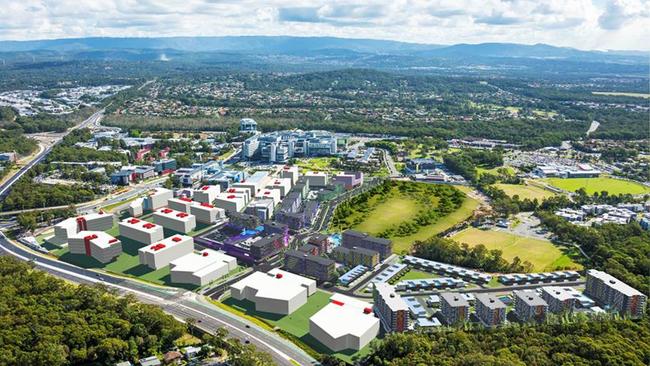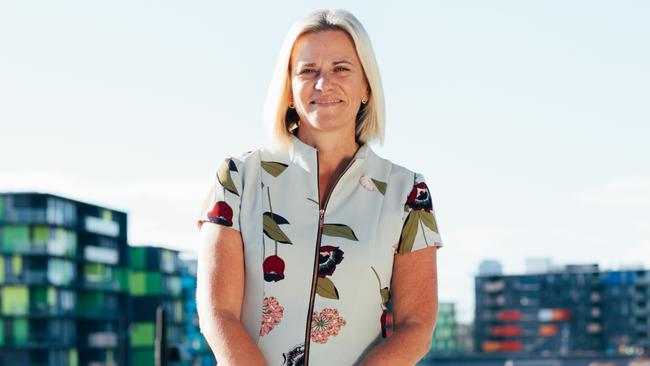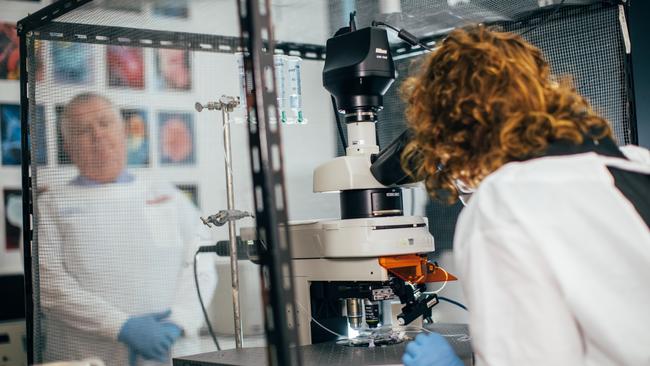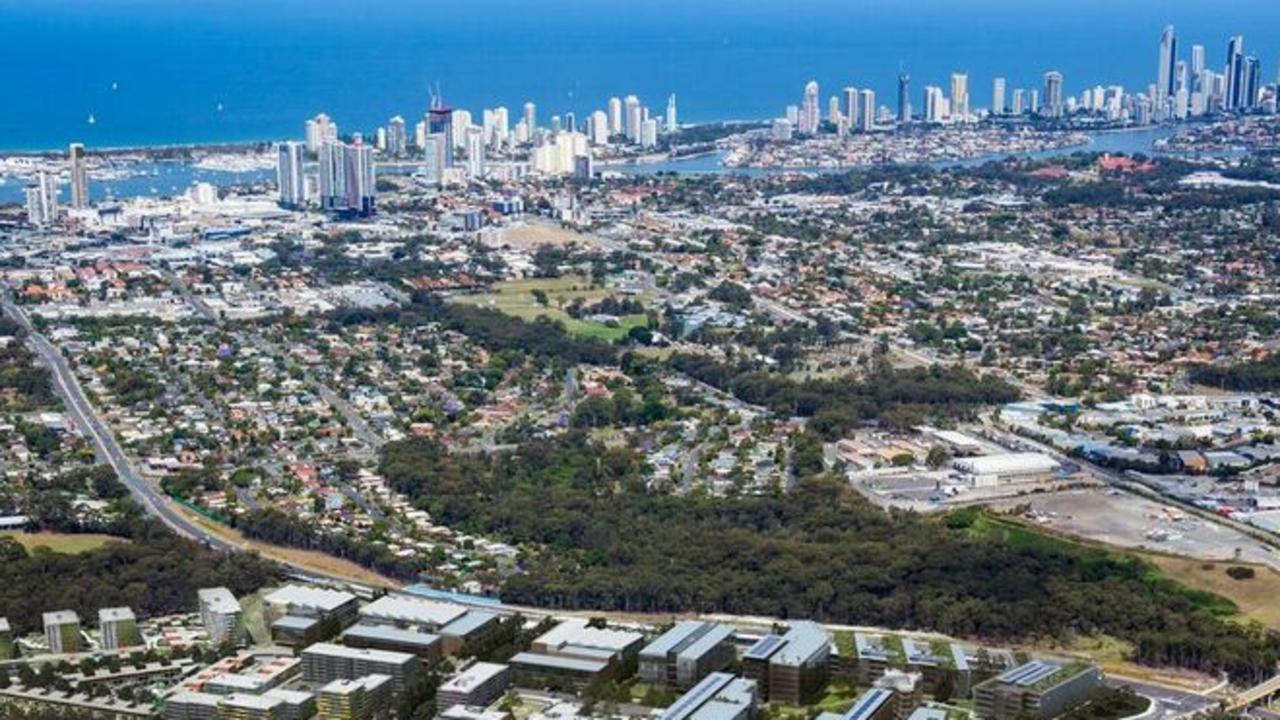Gold Coast tipped to be home of artificial intelligence, robotics and big data
FORGET sun and sand, the Gold Coast will soon be known as the home of artificial intelligence, augmented reality, big data and robotics, according to the head of the city’s new health and knowledge precinct.

Golden Age
Don't miss out on the headlines from Golden Age. Followed categories will be added to My News.
THE Gold Coast Health and Knowledge Precinct (GCHKP) is ideally positioned to capitalise on the booming global healthcare industry, now the fourth biggest contributor to Australia’s GDP.
Boasting Griffith University, the $1.76 billion Gold Coast University Hospital and the Gold Coast Private Hospital, the 200-hectare precinct offers unique co-location opportunities for hi-tech companies, with 9.5ha of greenfield land and a skilled workforce.

GOLDEN AGE: THE WINNERS AND LOSERS IN THE GOLD COAST CBD WAR
Our focus is attracting leading health and technology companies that align with the amazing expertise already here. The partners — City of Gold Coast, Griffith University and Gold Coast Health — together with the State Government established a project office that is working hard to attract the right companies and talent over the next decade to support employment eventually for up to 26,000 people.
We already have some 1000 researchers, many in health and biotechnology including at Griffith’s world-leading Institute for Glycomics, which is at the forefront of drug and vaccine development in the emerging field of glycomics, and Menzies Health Institute Queensland.
Researchers work closely with clinicians in areas such as orthopaedics and medical devices, neurology, child health, digital health and many more, often in conjunction with global industry partners, pushing the frontiers of medical technology.
GOLDEN AGE: HOW TO GET A JOB ON GOLD COAST’S BUILDING SITES

As an example, Professor Randy Bindra, a leading orthopaedic surgeon at the university hospital and fellow Griffith Professor David Lloyd, a biomechanical scientist, are pioneering a technique of personalised bone/ligament repair for common wrist injuries, using the latest 3D bio-printing technology.
Their work, together with leading regenerative medicine company Orthocell, is supported by a $900,000 BioMedtech Horizons grant to take research into human clinical trials within three years.
GET A NEW SET OF HEADPHONES WITH YOUR DIGITAL SUBSCRIPTION
Griffith has committed $80 million to develop an Advanced Design and Prototyping Institute (ADAPT) which will develop these new medical technologies and drive advanced design and manufacturing in a range of other industries. Partnerships are being established with global software and medical device companies.

The precinct’s clinical trial capacity is growing rapidly at Griffith’s Clinical Trial unit, the university hospital and collaboratively. It’s a real competitive advantage as Australia has an excellent reputation and favourable regulatory environment.
The Institute for Glycomics’ malaria vaccine candidate will enter second stage clinical trials in the next year, and joint trials are advancing with Chinese biopharmaceutical company Olymvax to develop a potentially blockbuster Strep A vaccine.
China is a key investment market for us as there’s a great deal of trust in our quality.
Medical training is another area of real opportunity, building on the international expertise of clinicians who already host overseas colleagues and stage cutting-edge simulated training.
The future is an exciting convergence of artificial intelligence, augmented reality, big data and robotics to revolutionise healthcare and other industries. The precinct’s IntelliHQ project, led by Gold Coast Health, is just the start to support new app development and technologies.


